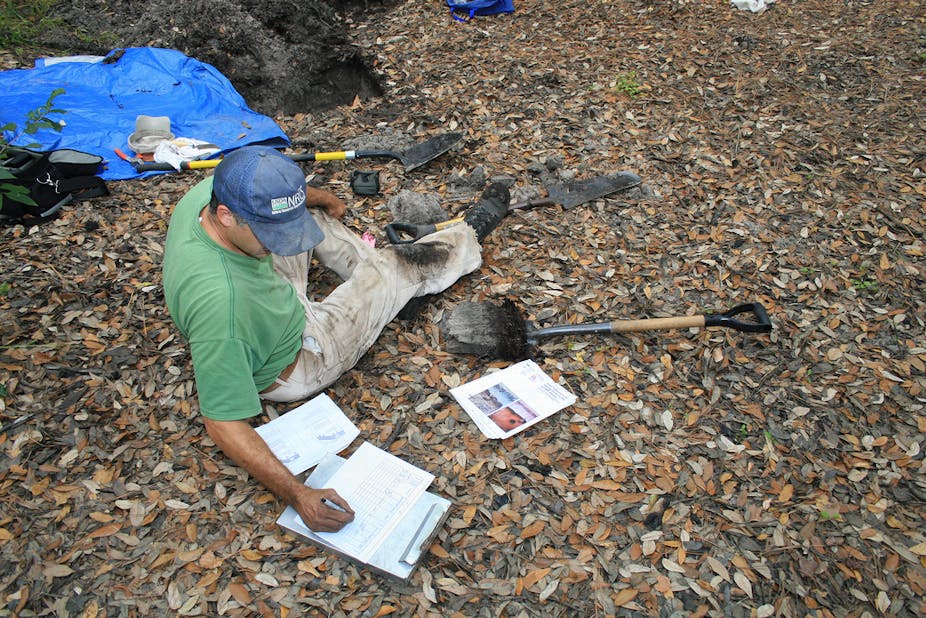Welcome to “One small thing …”. We asked our authors what one small thing they, or you, could do for the environment. We’ll bring their answers to you on Friday afternoons.
Today’s one small thing comes from Libby Rumpff, Postdoctoral Research Fellow at the University of Melbourne.
Developing a priority to-do list for the environment is one of the most difficult tasks around. Yet those making decisions about the environment routinely have to make such lists.
Often working with long lists and tight budgets, it is critically important that they know how best to prioritise the list.
Herein lies a big problem. Globally, governments and non-government organisations are dedicating enormous amounts of time, energy and money to environmental management. However, predicting the success of these projects is uncertain, which makes prioritisations uncertain.
Uncertainty is hardly surprising, as ecosystems are highly complex – they consist of relationships between many species and processes, and are temporally and spatially dynamic.
Predicting the consequences of environmental management under this kind of uncertainty is inherently unreliable.
How do we remedy the situation when uncertainties impact on decision making? Assuming we are very clear about what it is we are trying to achieve, and have a clear measure of that objective, we can monitor and evaluate progress toward that objective - easier said than done, I realise!
Monitoring is perhaps a dirty word for some; it tends to be poorly funded, poorly executed (if done at all), and poorly utilised. Therefore monitoring rarely provides the feedback to allow learning.
Yet without documentation and evaluation, our ability to learn from previous successes and, perhaps more importantly, from previous failures, is limited.
Without such monitoring, environmental managers will continue to take an ad hoc approach to uncertainty and have difficulty justifying calls for resources to better environmental management.

